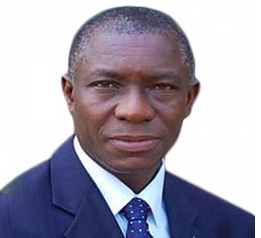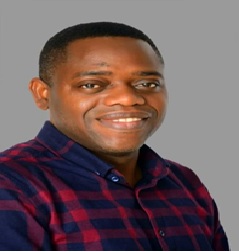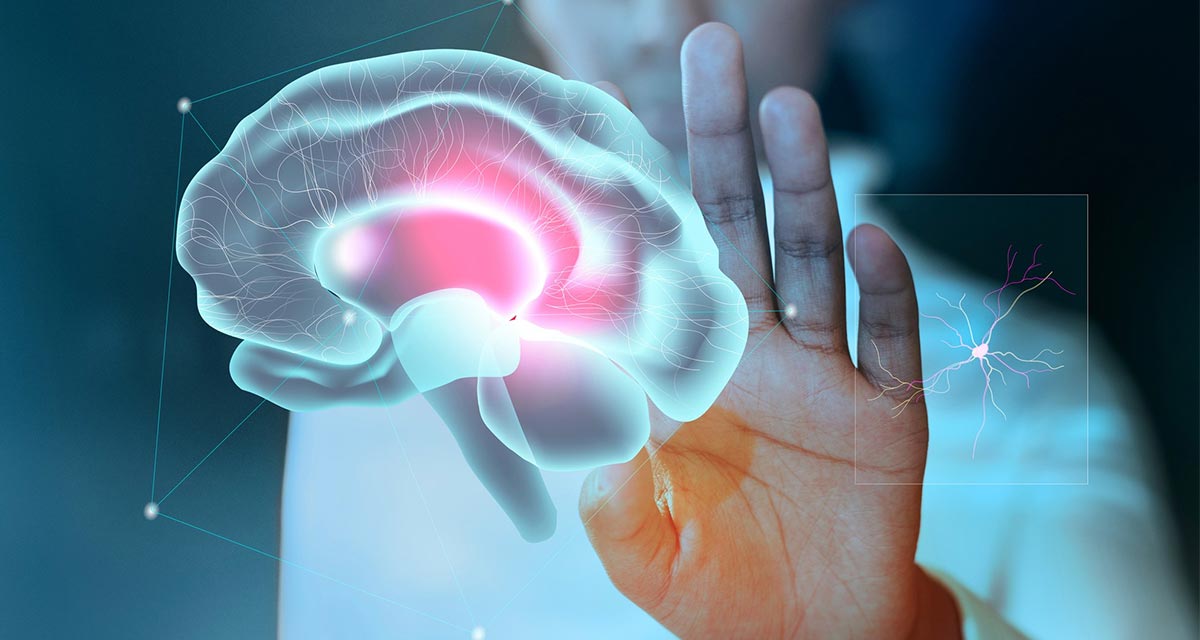The Neurosciences and Ageing Research Unit (NARU) is inspired by the labour and accomplishments of our heroes past and present to pursue the mission
”To make significant contributions to knowledge through basic, clinical, epidemiological and translational ageing and brain research, and build the research capacity of young scientists in a milieu of evidence - based and translation – friendly clinical and public health practice, particularly in Africa”
The Broad Objectives of this Unit include:
- Build local and international collaborations and networks in the research fields of ageing and ageing-associated degenerative and vascular disorders of the brain.
- Pursue the establishment of new basic, clinical and translational research programmes in the afformentioned areas.
- Collaborate with other neuroscientists to upgrade our ‘brain cut up programme’ to a modern world class Ibadan Brain Bank, the first of its kind in Sub- Saharan Africa.
To develop new programmes such as Master of Research (MRes), MSc and PhD programmes in Neurosciences in the University of Ibadan.
- Strengthen the mentoring programme for medical and biomedical students, and early career researchers eg short- and medium- term attachments, fellowships and post-doc training opportunities in our unit.
- Promote translation of research findings into practice, community impact and policy formulation (T1 – T4 Translational pipelines) through robust patient, policy maker and community engagement and advocacy programmes.
Research Focus
Ageing and ageing-associated vascular and degenerative brain disorders, Neuro-infections
Diseases of Interest
Stroke, Alzheimer’s disease and related disorders, and vascular cognitive impairment, Parkinson’s disease, traumatic brain injury, NeuroAIDS

Professor Adesola Ogunniyi
(MB,ChB, MD, FMCP, FWACP, FRCP, FAS, FNaMed, FAMedS)
Head of Unit
Professor Ogunniyi is a Professor of Medicine at the College of Medicine, University of Ibadan of over two decades and had been involved with dementia research for three decades. His background training was in Internal Medicine and Neurology with post-residency fellowship in Neuroepidemiology at the National Institutes of Health, Bethesda, MD, USA utilizing a World Health Organization/Fogarty International/National Institute of Neurological, Communicative Disorders and Stroke (WHO-FIC-NINCDS) award between January 1986 and April 1987. He was an investigator in the cross-cultural study of dementia in community-dwelling African Americans and Yoruba which involved collaboration between researchers at the Indiana School of Medicine, Indianapolis and the College of Medicine, University of Ibadan. That study generated data on the epidemiology of dementia and focused on interaction between genes and environmental factors in determining disease phenotypes. The study which was funded for two decades by the National Institute of Aging, USA included genome wide association studies in the search for novel genes. Our group developed the Community Screening Instrument for dementia that is applicable for cognitive assessment in disparate populations. He was the Principal Investigator of the Identification and Intervention for Dementia in Elderly Africans (IDEA) study from 2012 to 2019 that assessed the feasibility of cognitive stimulation therapy as treatment-alternative for dementia in low-resource settings. Between 2013 and 2015, he was the Principal Investigator of a Medical Education Partnership Initiative-linked award for improving neurologic outcome measurement for interventional research using neuroimaging (R25NS080949) and the collaboration involved Northwestern University, Chicago, USA. He was also a Co-PI of a medical education training grant (D43TW010140) for mentoring early career researchers at the University of Ibadan (-UI-MEPI-J). He currently serves as the lead country investigator on another grant (D43TW009606) investigating cognitive dysfunction in HIV patients. He is currently the African co-principal investigator in this study entitled ʺRecruitment and Retention for Alzheimer’s Disease Diversity Genetic Cohorts in the ADSP (READD-ADSP)ʺ and many other projects

Professor Rufus Akinyemi
(MBBS, MSc, PhD(Newcastle), MWACP, FMCP, FGBHI)
Principal Investigator
Professor Akinyemi is a Professor of Geriatric Neurology and Translational Neuroscience in the Neuroscience and Ageing Research Unit, Institute for Advanced Medical Research and Training, College of Medicine, University of Ibadan. He is also the Deputy Director of the Centre for Genomic and Precision Medicine, College of Medicine, University of Ibadan and a Consultant Neurologist to the University College Hospital, Ibadan, Nigeria. He joined the services of the University as a Senior Research Fellow in 2015, and has additional joint appointments with the Department of Medicine and the Institute of Cardiovascular Diseases, Faculty of Clinical Sciences, University of Ibadan. He is also a senior Atlantic fellow of the Global Brain Health Institute and pioneer FLAIR research fellow of the African Academy of Sciences and the Royal Society, UK. He holds a PhD from Newcastle University UK, an MSc in Cell Biology and Genetics and a Bachelor of Medicine and Surgery from the University of Ibadan, Nigeria and postgraduate fellowships in Medicine and Neurology from the National Postgraduate Medical College of Nigeria and the West African College of Physicians.
He is an accomplished educator and researcher with research and practice interests in vascular and degenerative brain disorders particularly stroke and dementia. In these fields, he has led and been part of several collaborative research programmes that have provided better understanding of stroke care and dementia in African ancestry populations.
He’s the Founding Chair of the African Stroke Organization (ASO) and also a member of the Steering Committees of the H3Africa Consortium and the International Stroke Genetics Consortium. He served as an LMIC representative on the Vascular Cognitive Disorders PIA of the Alzheimer’s Association ISTAART and recently spearheaded the establishment of the African Dementia Consortium (AfDC). He leads the IBADAN Brain Bank Project and the NIH/NHGRI - funded African Neurobiobank for Precision Stroke Medicine ELSI Study within the H3Africa Consortium. He also plays a leading role in the largest-ever study of stroke in Africa, the NIH-funded SIREN/SIBS Genomics Study. He has won several awards, scholarships, and fellowships, including the James Kimani Award of the Society of Neuroscientists of Africa and the Bruce Schoenberg International Award in Neuroepidemiology of the American Academy of Neurology. He has authored/co-authored about 200 publications in peer-reviewed journals including Science, Lancet, New England Journal of Medicine and Nature.
Other members of the Unit
- Prof. Mayowa Owolabi MBBS, MSc (distinction), Dr.M. (Berlin), MD, Cert Epid & Glob Health (Dundee), FMCP, FAAN, FANA, FRCP, FAMedS, FAAS, FAS,
- Prof Rajesh N. Kalaria MBBS, PhD, FRCP, FAcadMedSc ( (adjunct))
- Prof Richard Walker MBBS, MD, FRCP ((adjunct)
- Mr Olaolu Famuyiwa AMLT, MSc
- Mrs Mayowa Ogunronbi BTech, MPH
- Mrs Dorcas Olujobi MSc, MSc
- Mrs Motunrayo Coker BEd, MSc
- Mr Adeyemi Akinade BSc, MSc
- Mr Gabriel Ogunde BSc, MSc
- Miss Ifeoluwa Olabode BSc
- Dr. Boluwatife Adewale MBBS
- Mr Samuel Diala BSc, MSc
- Miss Florence Oladele BSc, PGD


